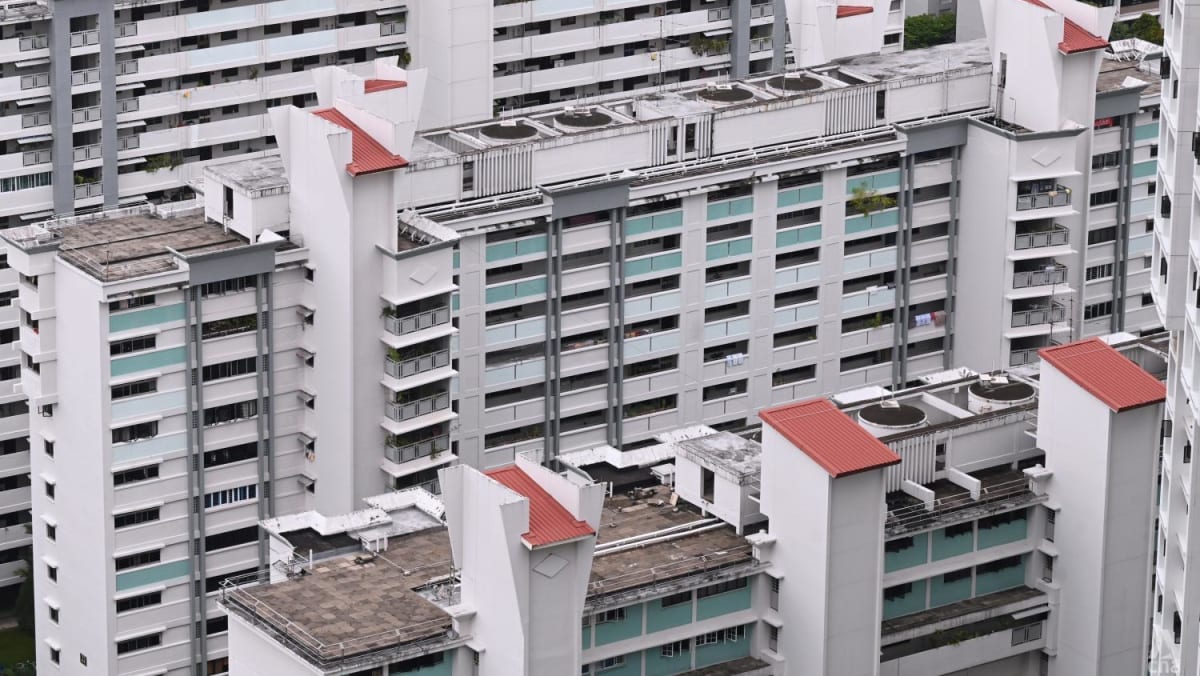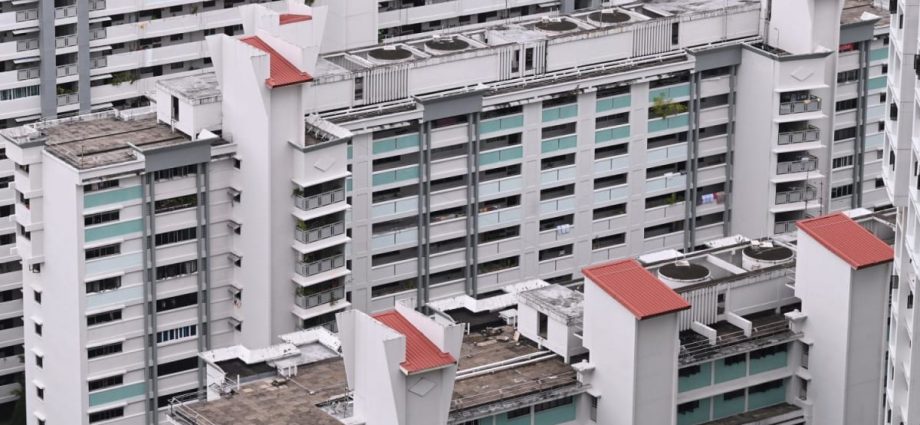
What happens after an order is made?
When HDB intends to compulsorily acquire a flat, a written notice must be given to the owner.
The period for the owner to move their belongings out must be at least 30 days after the notice is served. HDB may serve the notice by affixing a copy of it in a “conspicuous place” at the flat.
It may take possession of the flat on expiry of a period of 30 days.
According to the law, if the HDB officer is opposed or impeded in taking back the flat, it may take necessary measures, including calling the police, to have the occupants evicted.
If the owner fails to remove their items in the flat, HDB may dispose of the items or put them up for sale.
The acquired flat will be offered for sale under the Sale of Balance flats exercise.
In pricing these units, HDB also takes into account the prices of the comparable resale flats nearby, and the individual attributes of the flats such as their location, storey height, accessibility to amenities and facilities, remaining lease, as well as the prevailing market conditions at the time of sale.
A “significant subsidy” is then applied to keep these flats affordable, said HDB.
Is there any compensation?
When a flat is compulsorily acquired, HDB determines the compensation.
In response to CNA’s queries, HDB said its compensation policy in such cases takes into account various factors, such as the severity of the infringement and the circumstances of the cases, as well as the administrative holding costs in acquiring the flat.
“This policy ensures that flat owners who infringe the rules will not enjoy undue financial gains,” it added.
According to the Housing and Development Act, the compensation may be varied by the National Development Minister on appeal.
HDB may apply for an order to deposit the compensation in court in a few scenarios.
This can happen when a person entitled to the compensation refuses to accept it or cannot – with due diligence – be found.
If there is a dispute about the entitlement or apportionment of the compensation, such an order can also be applied for.
In the case that the person entitled to the compensation is “incapacitated by reason of mental illness” and no other person with a lasting power of attorney has been appointed, then HDB may also apply for the compensation to be deposited in court.
This may also happen if the person entitled to the compensation has died and no legal personal representative has been appointed.

